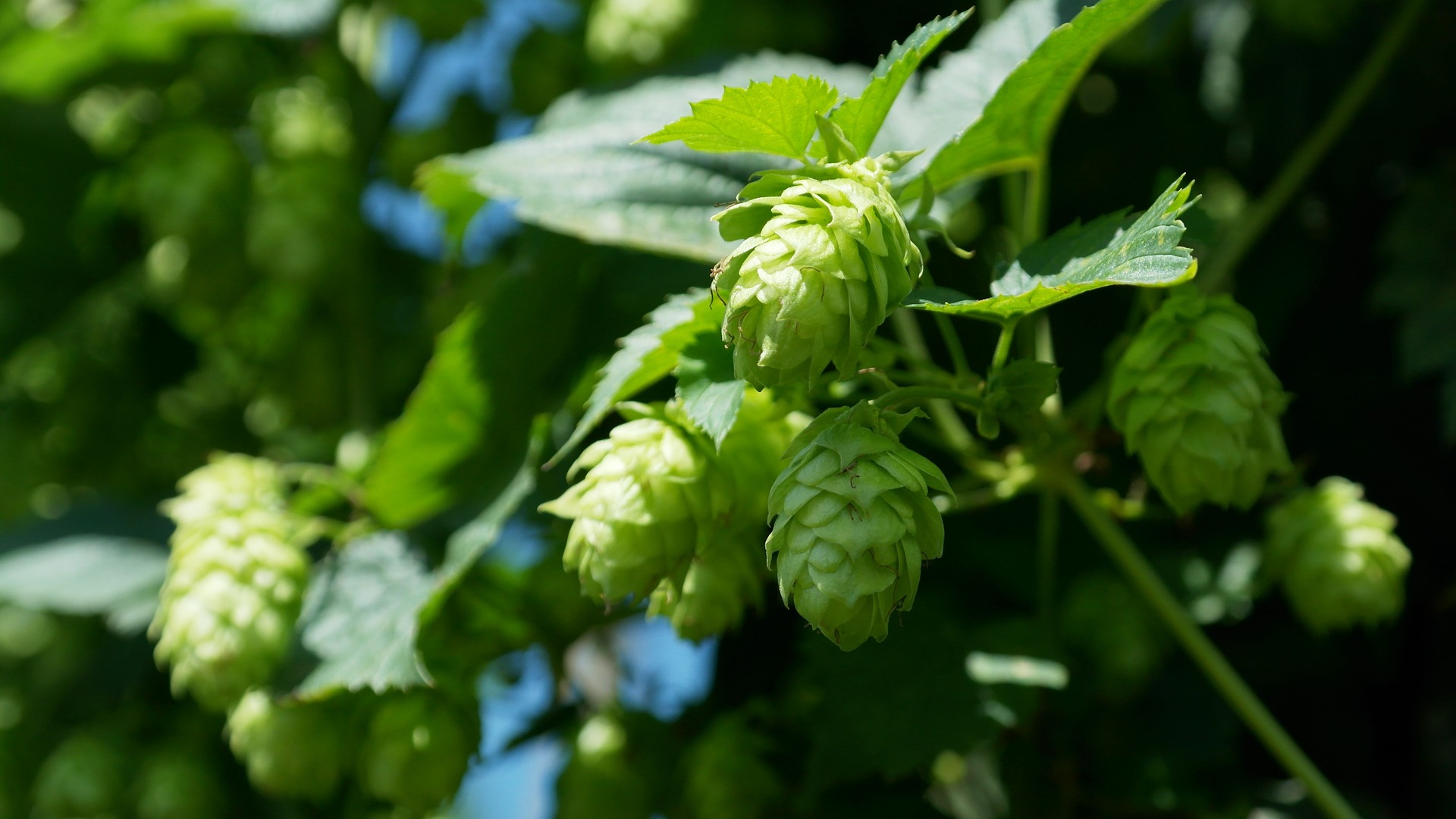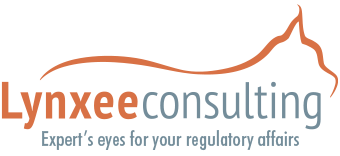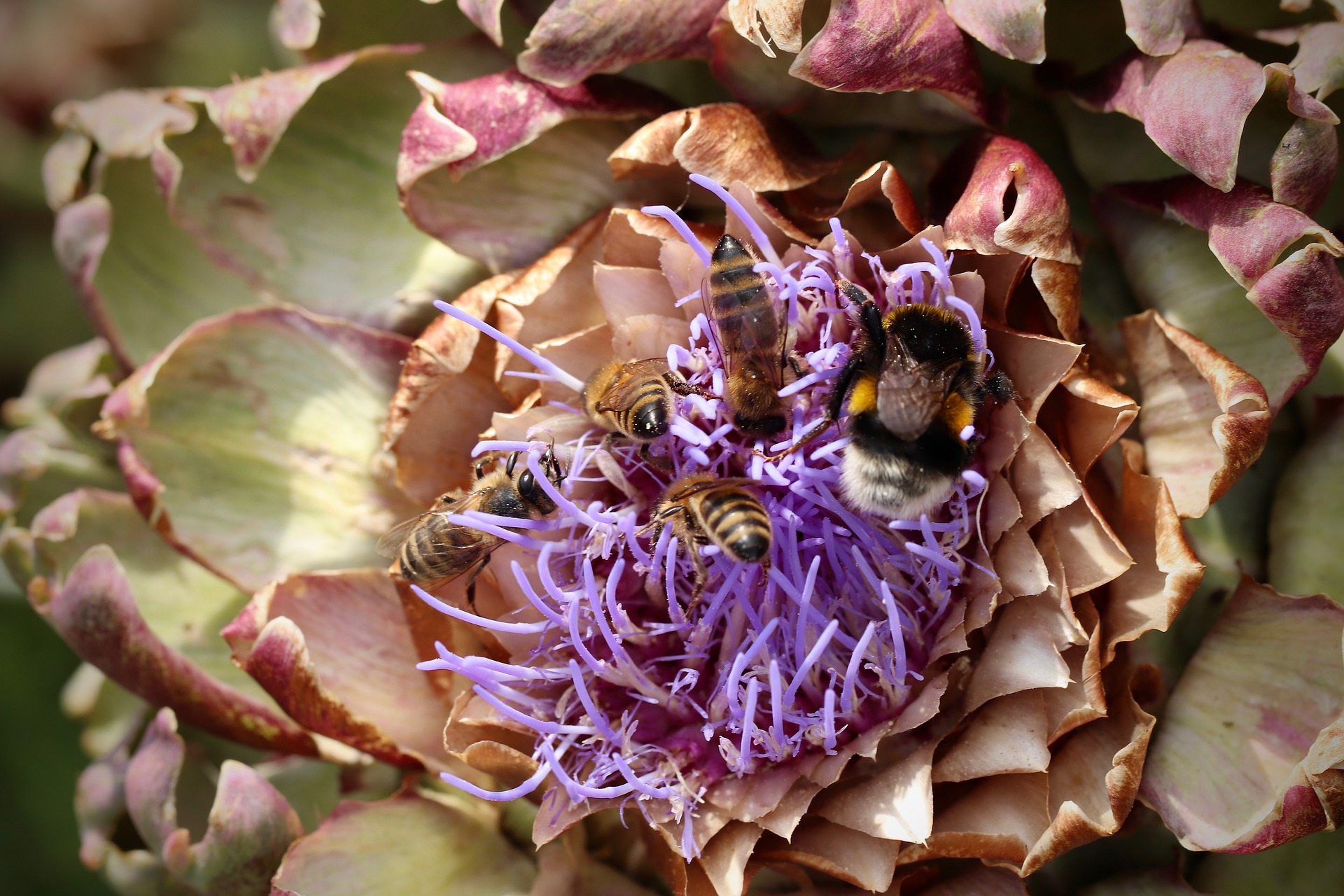
FRANCE: List of Non-Attractive Crops to Bees and Other Pollinating Insects
24 March 2022
LYNXEE: Appointment of Céline Janvier as Project Manager and Efficacy Expert
11 April 2022In late March, Anses published two Notes concerning the new dispositions that apply in France for the protection of bees and other pollinators from plant protection products (PPPs) and adjuvants, following the entry into force of the new French “bee” Order of 20 November 2021.
General and administrative details
Note (1) provides general information on the evolution of the regulatory framework. It confirms the replacement of the “Bee Mention” attribution system for insecticides that are used during flowering and exudate production periods (after assessment of the agronomic relevance and risk assessment for the concerned uses) by a system of conditional authorisation of the uses on attractive flowering crops and on “bee foraging areas” for all products (except for certain uses, see below).
The Cerfa application form No. 15722, the online application tool D-Phy and the online database E-phy will be updated shortly to reflect these changes. The new SPe 8 phrase parts as provided for in the Order will be used by Anses.
The Note indicates that the new system of conditional authorisation of the uses on attractive flowering crops and on “bee foraging areas” will not apply to:
- Non agricultural/forestry uses (uses in non-crop areas, railways, etc.);
- Thinning uses;
- Uses on crops in closed protected structures;
- Uses of pheromone-based PPPs;
- Non-professional uses (home and garden).
In the case of non-professional uses, depending on the outcome of the risk assessment, a specific phrase might be triggered to protect pollinators.
Transitional measures are planned in the case of generic or resale PPPs and, e.g., in the case of label extension for minor uses.
Details on data requirements and risk assessment
In the case of a use on a flowering attractive crop (as defined in the Order), new French data requirements will apply in addition to the requirements of Regulation (EU) 284/2013. They are detailed in Note (2):
- Laboratory studies on pollinators other than honeybees (i.e. bumblebees and solitary bees, as defined in the Order), “in particular when standardised methods are made available”: case of bumblebees, with the guidelines OCDE 246 and 247 for acute studies;
- Homing flight test OECD 332 in the case of an insecticide targeting the central nervous system of insects;
- CEB 230 tunnel trials on a flowering attractive crop (n ≤ 3 trials), when a risk assessment is not demonstrated at Tier 1 with the currently adopted guidance documents. A lesser number of trials is possible depending on (i) the availability of other trials of equivalent level and on the conclusion of the risk assessment and (ii) on mitigation measures that are envisaged to protect pollinators. The Note also indicates that, when relevant, the exposure following multiple applications will have to be accounted for in the risk assessment.
In the case of microbial pest control products (MPCP), depending on the mode of action and host specificity, the new requirements for laboratory studies on pollinators other than bees and, where necessary, for more realistic higher tier trials on pollinators may apply. The Note states that it will be possible to rely on literature data, if available, to meet these requirements.
The new national requirements also apply to toxins/secondary metabolites of concern that are produced by a microbial pest control agent and for which a risk assessment is required.
In the case of adjuvants, the requirements as defined in the French Note to Applicants for Adjuvants should be supplemented by adult chronic and larva development studies on honeybees and by studies on pollinators other than bees.
In all situations, the new requirements for additional laboratory studies will apply to submissions made 6 months after publication of the note, which is signed on 25/03/2022. They do not apply to dossiers submitted in the meantime but any study already conducted and available will have to be submitted.
For all uses for which the exposure of bees (through a flowering crop or flowering weeds or through the production of exudates) cannot be totally excluded given Regulation (EU) No. 284/2013, the risk assessment for bees will be conducted by Anses in accordance with the European guidance documents in force (i.e. SANCO/10329 (2002) and EPPO (2010)).
An adaptation of the assessment schemes according to EPPO (2010) is provided in Appendix 1 and 2 of the Note, for PPPs and MPCPs, respectively.
The note indicates that when a refined risk assessment is needed and it triggers mitigation measures (SPe 8 phrase), it will have to be demonstrated that no specific mitigation measure is needed concerning the exposure route via exudates.
Then, in the specific case of a use on a flowering attractive crop (as defined in the Order), Anses will assess on the basis of all available data (i.e. the European and national data requirements), if the expected level of exposure is not likely to cause acute or chronic unacceptable effects on bees or unacceptable effects on colony survival and development. Based on this assessment, the use will either be authorised, or refused, during the flowering of the attractive crop and on “bee foraging areas”, under the conditions set out in the Order.
A decision tree summarising the requirements to support a use on an attractive flowering crop in France is given in Point 2.4 of the Note.
To download (in French):
(1) Anses Note on New French Provisions Concerning the Protection of Bees – Version 1 (25 March 2022)
(2) Anses Note as regards the risk assessment of plant protection products and adjuvants for bees and other pollinators in the framework of the European Regulation and of the new French “Bees” Order of 20 November 2021 – Version 1 (21 March 2022)
See also our previous articles:
FRANCE: List of Non-Attractive Crops to Bees and Other Pollinating Insects (24.03.2022)
FRANCE: Release of the New “Bee” Order (20.11.2021)
FRANCE – ANSES: Upcoming Evolutions for Bees and Other Pollinators (31.10.2021)
Lynxee consulting’s team is at your disposal to answer your questions.
Contact us! http://lynxee.consulting/en/contact/


